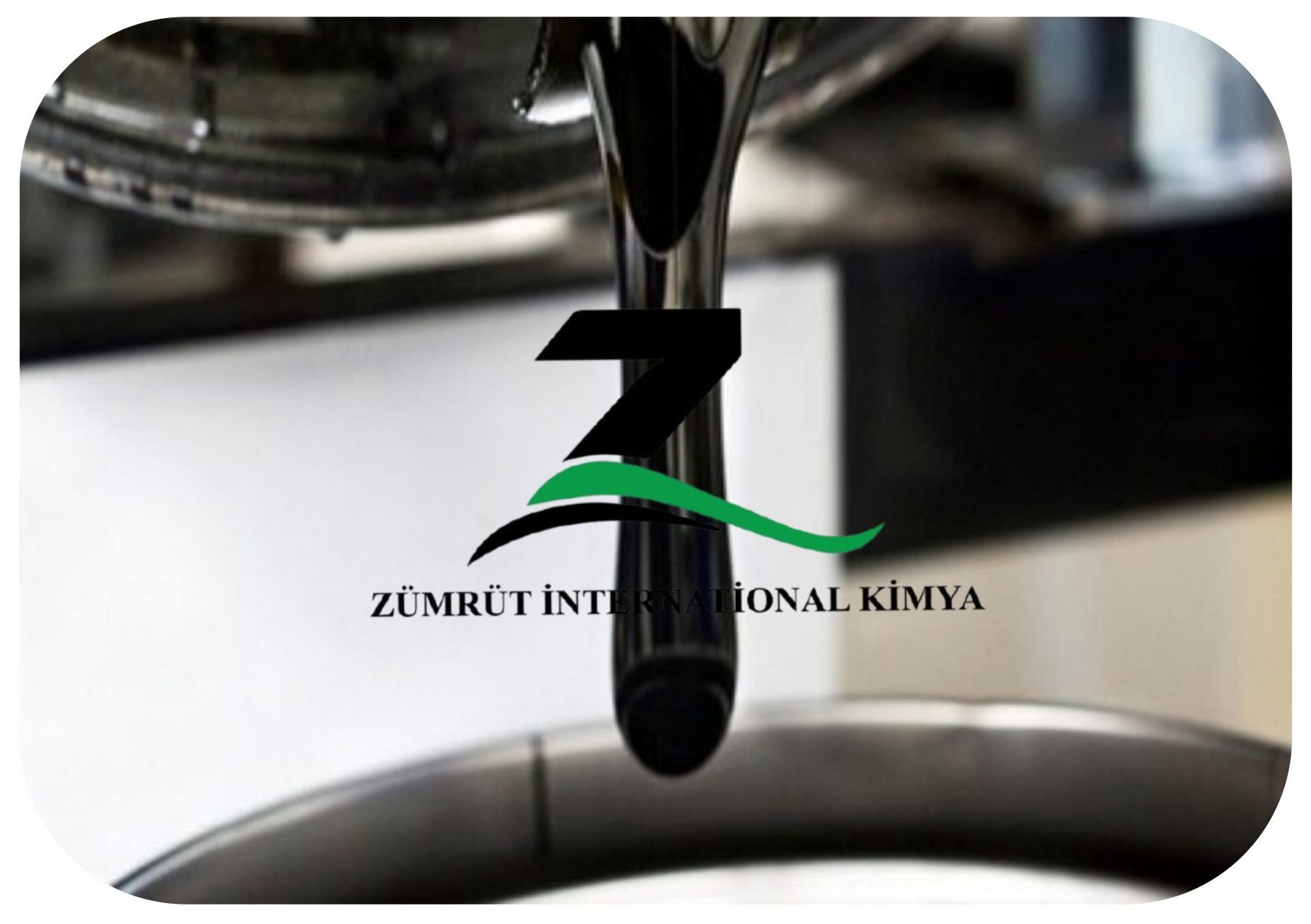
Description of Cutback Bitumen SC-70
Cutback bitumen SC-70 is a mixture of bitumen and kerosene, used to reduce the viscosity of bitumen in road pavements. This reduces the bitumen’s viscosity, aiding in the construction of seal coats. The cutback agent evaporates from the seal coat, becoming a negligible component a few months after application. However, if significant amounts remain, it may cause unwanted long-term softening effects.
Cutback asphalt is an asphalt cement with a solvent or distillate like gasoline, diesel fuel, kerosene, or naphtha added to make it liquid at ambient temperatures and improve its ability to coat aggregates. It can contain between 12 and 40% distillate. However, the high demand for distillates in energy applications and increasing air quality regulations have led to a decline in the use of cutback asphalt. SC liquid asphalt can be obtained by fluxing an asphalt cement with a less volatile distillate like gas oil. SC-70 and SC-250 grade cutback asphalts are similar to residual refinery products used as heavy fuel oils, also known as “road oils.”
Application of Cutback Bitumen SC-70
Cutback Bitumen SC-70 is typically used in most road construction activities, particularly in road pavements and surfaces where improved workability at lower temperatures is required. It is mostly used as a primer to improve the adhesion of the asphalt layers to the road base. The product is also widely applied in seal coat production, where it assists in imparting a smooth, hard finish to roads. SC-70 is widely utilized to produce patching mixtures, which are utilized to mend worn-out road sections, and also in stockpiling mixtures to be utilized in the future.
Cutback SC-70 has another significant application in the production of asphalt mixtures to be sprayed, which is one of the commonly applied processes for treating road surfaces. Its reduced viscosity has higher penetration and adhesion to aggregate surfaces, which is a good fit for road construction and repair in varying climates, particularly where temperatures can be very low. Cutback SC-70 is also the perfect primer sealing option, as it creates a strong bond between the road base and following courses of asphalt. The product’s effectiveness and versatility render it irreplaceable in all forms of road paving and repair.
Cutback Bitumen SC-70 vs SC-250
The main difference between Cutback Bitumen SC-70 and Cutback Bitumen SC-250 is founded on their viscosities and application in respective uses. SC-70 has a very low viscosity, which implies that it’s easier to spread when temperatures are low and can penetrate faster. The SC-70 is traditionally applied for chip sealing and dust control on unpaved roads. On the other hand, SC-250 has a moderate viscosity appropriate for surface dressing, prime coating, and maintenance of roads in less severe climates, where there is a need for a balanced curing rate. SC-250’s higher viscosity offers enhanced adhesion and long-term performance in warmer climates, whereas SC-70 is more suitable for applications where rapid curing and rapid workability are required.
Packaging and Safety Measures
SC-70 cutback bitumen is commonly packed on pallets in thick steel barrels to avoid leaks during transit and storage. Refer to Safety Data Sheets (SDS), remove ignition sources, use appropriate personal protective equipment (PPE), and avoid product contact with skin or water systems.
Specification
| property | Min | Max | Test method |
|---|---|---|---|
| Kinematic viscosity at 60°C [140°F], mm2/s | 70 | 140 | ASTM D2170 |
| Flashpoint(Cleveland open cup), °C [°F] | 60 | — | ASTM D92 |
| distillate test | |||
| Total distillate to 360°C [680°F], volume % | — | 35 | ASTM D402 |
| Solubility, % | 95 | — | ASTM D2024 |
| Kinematic viscosity on distillation residue at 60°C [140°F], mm2/s | 200 | 7000 | ASTM D2170 |
| Asphalt residue: | |||
| Residue of 100 penetration, % | 40 | — | ASTM D243 |
| Ductility of 100 penetration residue at 25°C [77°F], cm | 50 | — | ASTM D113 |
| Water, % | — | 0.5 | ASTM D95 |
FAQs of Cutback Bitumen SC-70
What is SC-70 used for primarily?
SC-70 is primarily used as a prime coat for low- to medium-traffic roads and as a binder in cold mix asphalt applications.
What does “slow curing” mean in SC-70?
It means that the bitumen contains slower petroleum diluents (i.e., diesel or kerosene) that evaporate slowly, thereby taking longer to cure.
Does SC-70 have to be preheated before use?
In most climates, no heat is needed. It can be applied at ambient temperature.
How long does it take for SC-70 to fully cure?
It cures normally in 2–5 days, depending on weather conditions and surface porosity.
Is SC-70 environmentally friendly?
Due care in handling is required due to solvent content. Follow safety and disposal guidelines to minimize environmental impact.

